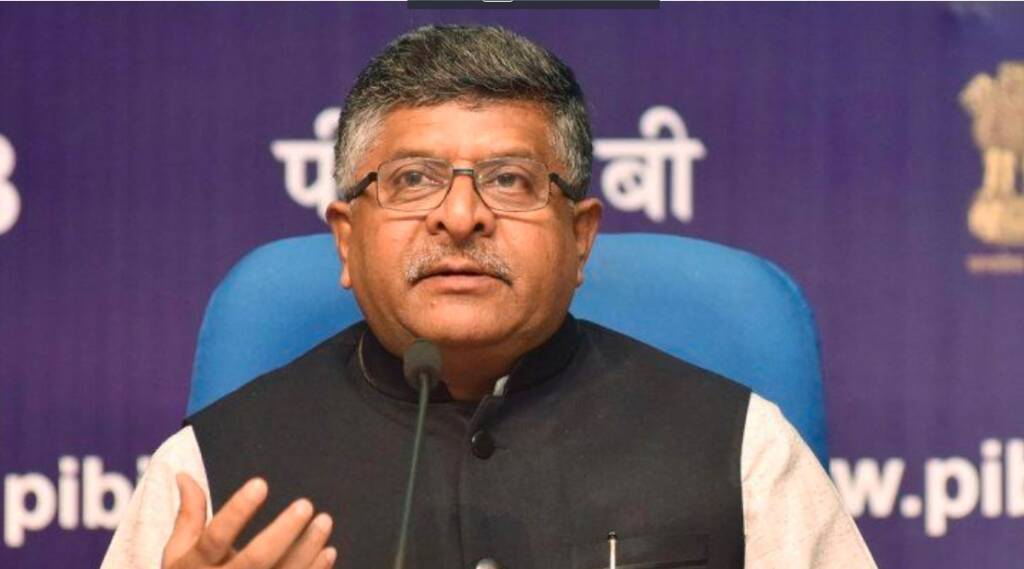In the last few years, many remote locations of the country like Jamtara in Jharkhand and Mewat in Haryana have emerged as phishing hotspots. Such places, and the methods deployed by scammers who use call and texts for their operations, were put in front of the national audience through the Netflix series – ‘Jamtara – Sabka Number Ayega.’ Now the Modi government has decided to crack down on spam, scam calls, and texts.
Union Minister of Communications, Ravi Shankar Prasad, said that the Modi government will announce a new platform to report unsolicited calls and messages, and a coordination agency to coordinated between law enforcement agencies, banks and service providers. A new coordination agency called the Data Intelligence Unit (DIU) will act as a nodal agency, as announced by the Ministry of Communications.
“The DIU will coordinate with various LEAs (law enforcement agencies), financial institutions, and telecom service providers in investigating any fraudulent activity involving telecom resources,” says a statement by the ministry.
Many consumers have been cheated through phishing calls and texts and this is emerging as a big threat to consumer protection in the era of telemarketing and telebanking recently. In the digital era, people use mobile phones as a medium for all activities including transactions, but such a medium can’t be allowed to become medium where consumers are cheated because this will hamper their confidence to use digital technology.
Yet, places like Jamtara and Mewat have become a hub for fraudsters and scammers, who carry out phishing operations and scam crores from people on the phone. Therefore the recent announcement by the Union Ministry of Communication seems like a much-needed step.
In the last few months, especially after the outbreak of COVID-19, Ravi Shankar Prasad has emerged as one of the most effective ministers in the Modi government. Prasad, who handles the portfolio of Communications, Electronics and Information Technology, Law and Justice, has led India’s response to Coronavirus from the front and played a very important role in the crackdown on Chinese presence in India’s digital sector.
As per a recent report by the Times of India, India’s all-pervading ban on Chinese apps, which was only last month turned permanent, saw the Ministry of Electronics and Information Technology, led by Union Minister Ravi Shankar Prasad burn the midnight oil.
Following the brutal and violent clash between Indian Army soldiers and PLA wimps in Galwan valley in June last year, in which India had thrashed the living daylights out of China, the IT Ministry was given a specific brief by the PM Modi himself.
According to the report, the Information and Technology ministry worked through the night to put together the extensive paperwork needed for the unprecedented measures. IT Minister Ravi Shankar Prasad’s office was no less than a fortress, with the blinds being lowered to ensure that the flurry of activity was not noticed by those who were not in the know of all that was happening at the highest levels. The ministry and its officials finished the paperwork just in time.
The crackdown on Chinese apps has metamorphosed now into a larger battle which India is leading on a global scale against the Big Tech. If Chinese apps were state tools of the CCP to spy on Indians and made devious use of their personal data, the American Big Tech is an instrument of authoritarianism seeking to shove down an unwanted sense of political liberalism in their throats. The same has not been given a miss by the Modi government, and, in the last few weeks, India witnessed a massive crackdown on American big tech.
Now the Modi government has decided to start a crackdown on scammers who use telecommunication as a tool for crimes like phishing in Jamtara, Mewat, and other remote regions of India. The Ministry of Electronics and Information Technology, led by Union Minister Ravi Shankar Prasad is making sure that the story of the rise of India’s digital sector is not hindered by such petty fraudsters and scammers.
